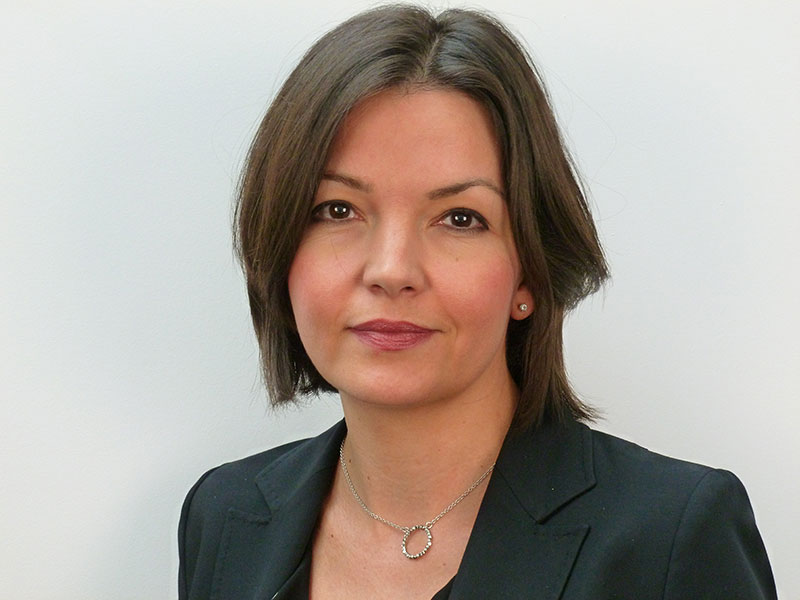Editor's Choice
Latest Content
Exploring Innovation in Beauty and Personal Care
8 Apr 24Beauty and personal care is one of the most innovative industries with over 25% of new brands launched in this space, according to Euromonitor International’s Innovation tool, which tracks new product development across the 50 most disruptive FMCG categories.
Snackification Can Only Grow in One Way: Healthily
22 Mar 24Snackification describes the phenomenon of people increasingly consuming smaller meals (snacks) throughout the day, instead of the classic three daily meals that was the norm for many decades - especially in Western countries.
Unlocking Fragrance Consumer Trends in Western Europe
19 Mar 24A deep dive into consumer preferences in fragrance purchases in Western Europe highlights notable distinctions in how men and women prioritise specific functional details.
Empowering Women’s Health: Focus on Ethics and Efficacy
7 Mar 24The expansion of wellness to encompass a more holistic and inclusive view has meant that previously taboo or underserved areas such as women's health are now becoming a more critical component of the evolution of the wellness journey. In an increasingly saturated and overcrowded wellness marketplace, elevating brand credibility through science and medical backing will be key for closing the gap in consumer product and service adoption.
Has Douyin Become the Next Big Channel for Supplement in China?
4 Mar 24Since the pandemic, China's vitamins and dietary supplements market has experienced robust growth, and sales through digital channels have been expanding continuously. The market size of consumer health products in China was USD57.1 billion in 2023, with an e-commerce penetration rate of 42%. In this evolving market, Douyin, as China's most popular short-video platform, has quickly risen to become a popular platform for purchasing health products.
Monitoring NPD to Understand Innovation Trends in Consumer Health
1 Mar 24Monitoring and understanding NPD trends in consumer health can help fmcg companies identify opportunities and inform strategic decisions to stay ahead of the curve.







